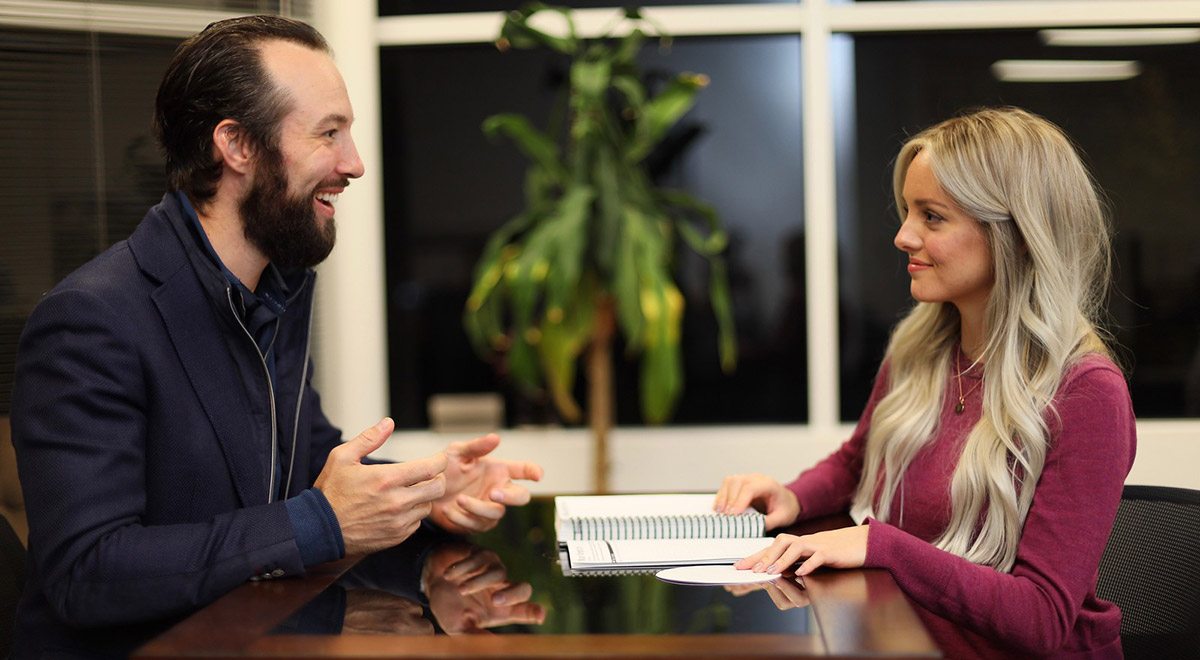The 15-Second Trick For Dianetics
Wiki Article
An Unbiased View of Dianetics
Table of ContentsDianetics Fundamentals ExplainedDianetics for DummiesMore About DianeticsHow Dianetics can Save You Time, Stress, and Money.
I couldn't ever before not intend to obtain anything that comes to mind for you- if it was otherwise, I would not be sitting right here with you, doing this. I not only could never ever have an issue, or otherwise wish to hear something that enters your mind for you, yet I'm completely anxious to know every concept, every thought, every photo or sensation that emerges or materializes for you- do not ever before assume otherwise, and if for one reason or another you do, please just allow me know! In some cases, you may have a thought, and image, idea or incident turn up that does not appear to address the inquiry, or connect to it, but nevertheless, always do tell me regarding it, and as we continue, the significance will certainly emerge for you.This is fundamental in the basis of processing, and the topic of this conversation: the standard duties of the counselor and the customer: The standard duty of the therapist is, contrary to "common training", not to control, which means to apply and/or inhibit, but to rather work from the basis of EMPOWERING THE CUSTOMER.

The 20-Second Trick For Dianetics
John Mcmasters expressed this basic truth incredibly well in one of his lectures on Power processing, in which he discusses how he was asked what this "unique flair" was that he had for giving such terrific sessions; he had to think of that for a moment, and found that it was what he wasn't doing, as well as what he was doing: he had not been reviewing, evaluating, computing, or in reality, creating any thoughts, not to mention spoken expressions, after giving the command and while waiting on the computer to complete their response to their contentment; he was, simply and only, existing with the computer, and entirely interested.The duty of the counselor, demonstrated; that was his "special knack". I have had my very own experience which showed me this well, extremely early in the game. In 1982, having lately completed my training and teaching fellowship on New Period Dianetics, I was running this on a PC, and there was a factor in the session where (being a little bit damp behind the ears not yet having lots of hours under my belt as an expert auditor) the PC seemed to be "taking too lengthy" to reveal anything vocally after I offered him a command.
This secret turned out to be the most valuable contribution that John ever YOURURL.com before made to the subject of therapy or bookkeeping (Dianetics). In my modest opinion, it is the best payment that any person has actually ever before made to these subjectsthe application is totally non-judgemental, non-evaluative, and empty of any type of pointer, recommendations or opinion.no preconditioned agenda for people, or 'degrees' that they have to do
In Idenics, the only source of information about a client is the private customer. In Scientology we prided ourselves on not evaluating for individuals. Yet all that really suggested was that the auditor did not VERBALLY examine for the computer in session. The registrars and principles officers assessed for the computer.
Some Known Facts About Dianetics.

Anyone who had actually ever before seen John audit can not help but observe a special top quality in his auditing."The client's fundamental role is to be there with the objective of moving in the instructions of their spiritual goals, and to openly and totally express and experience whatever manifests for them in answering the questions and performing the guidelines in the handling.
This is something to process as required. Yet likewise, people often have previous experience and/or brainwashing in auditing/processing which, in some means, and to some levels, actually misleads them right into perspectives, ideas and actions patterns that protect against the full realization of these duties, and so they will have a tendency to hinder the expressing of what comes to mind, as in the examples given above. * The initial, and possibly foremost examples of mis-indoctrination resulting in less than totally smooth and reliable sessions, can be located in particular facets of the training regimens, or "TR's":"TR's" are usually a person's first, or at the very least early, experience in Scientology, and while I will take place to explain what I view as the problems in principle and technique, nonetheless, often tend to be considerably therapeutic, done as they are given (Hubbard insists that "TR's are not processing, they are educating", but factually, they are both handling AND training)
There is no "failing", and no rejection of the fact of this being processing. The emphasis, as it needs to be, is on experiencing the various other individual's view it now presence.
Get This Report about Dianetics

Report this wiki page